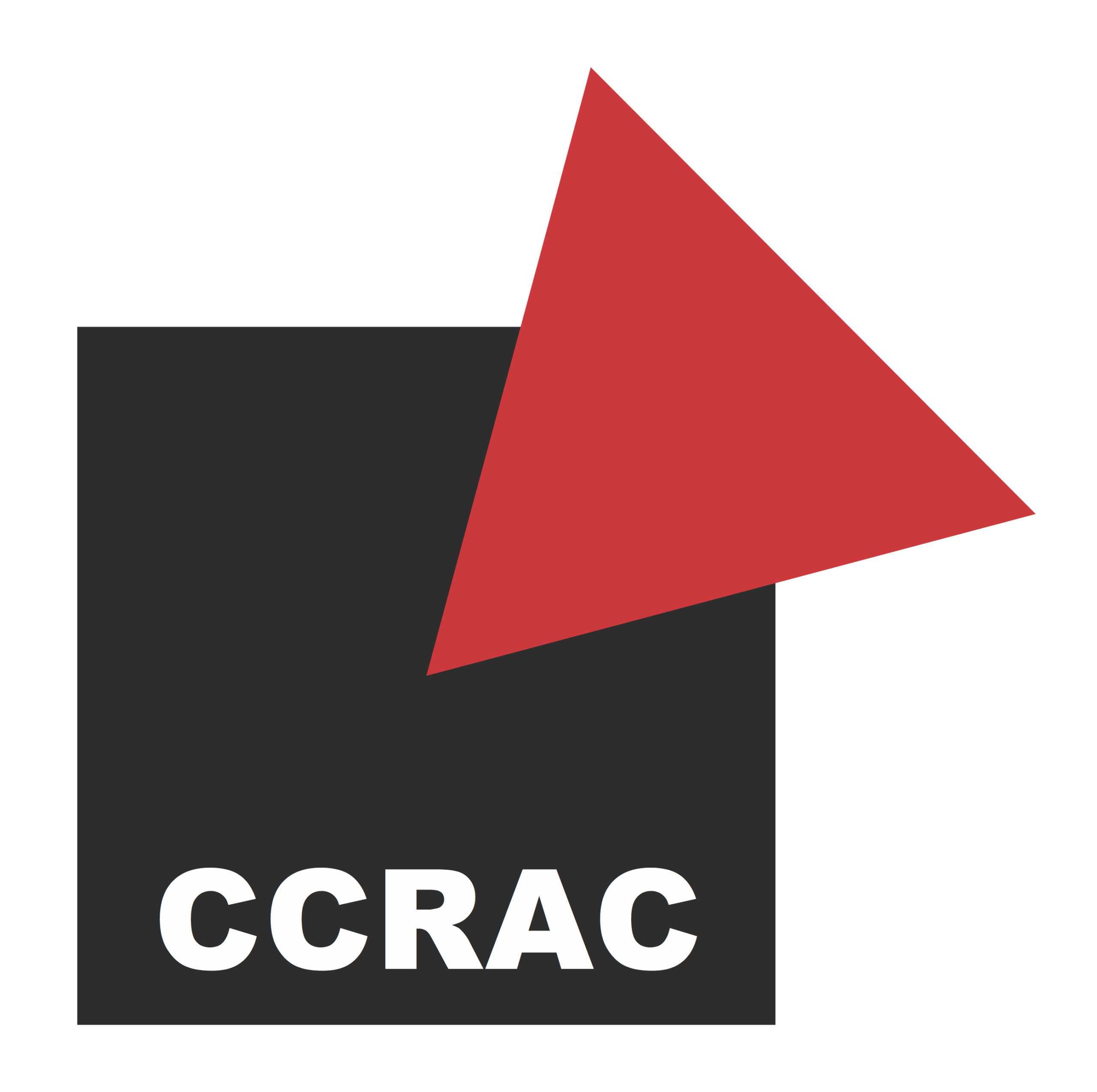22 to 23 February 2013
Kenneth Clark Lecture Theatre, The Courtauld Institute of Art
Organisers
Dr Klara Kemp-Wlech (The Courtauld Institute of Art) and Elizaveta Butakova (The Courtauld Institute of Art)
Speakers include:
Aliya Abykayeva-Tiesenhausen (London); Elizaveta Butakova (The Courtauld Institute of Art); Mikhail Epstein (Emory University / Durham University); Yelena Kalinsky (Rutgers, State University of New Jersey); Anthony Kemp-Welch (University of East Anglia); Elena Kuprina (Moscow); Katarína Lichvárová (The Courtauld Institute of Art); John Milner (The Courtauld Institute of Art); Sasha Obukhova (Garage Center for Contemporary Culture, Moscow); Dimitri Ozerkov (State Hermitage, St. Petersburg), Helen Petrovsky (RAN Institute of Philosophy, Moscow), Nadim Samman (Berlin); Jane Sharp (Rutgers, State University of New Jersey); Stas Shuripa (Moscow); Margarita and Victor Tupitsyn (New York and Paris); Olesya Turkina (Russian Museum, St. Petersburg)
Download Programme
Download Abstracts
Download Report
Conference Summary
Utopia III: Contemporary Russian Art and the Ruins of Utopia explores the afterlife of utopian thought in Russian art since the disintegration of the Soviet Union in the years 1989-91. The splintering of the vision of a collective Soviet utopia and the rise of individual utopias undoubtedly predated perestroika. During the Brezhnev years of stagnation, unofficial artists deployed a range of strategies to analyse the failure of the project of constructing Socialist society. If, for some, the collapse of the Soviet Union and entry into the free-market appeared to be a gateway to Western-style utopia, rapid socio-economic change left others out in the cold. Groups of Russian artists working since the 1990s have continued to explore collective organisation as a mode of political engagement, from Chto Delat’, to Voina, to those artists involved in the current protests against Putin’s government. As artists today wrestle with new forms of social and cultural decay, and as critics negotiate new forms of nostalgia, what, if anything, remains be salvaged from among the ruins of the Soviet utopia?
Bringing together artists, art historians, curators and cultural theorists to discuss recent transformations in the Russian cultural landscape, Utopia III addresses the following questions: How has Soviet avant-garde art been historicised, re-contextualised, and re-mobilized in recent years? Is the intersection of art and activism necessarily utopian? In what ways has the arrival of Capitalist utopia transformed the landscape of the contemporary Russian art world?

